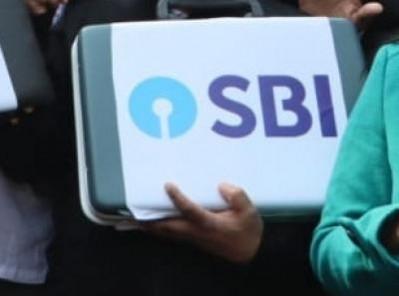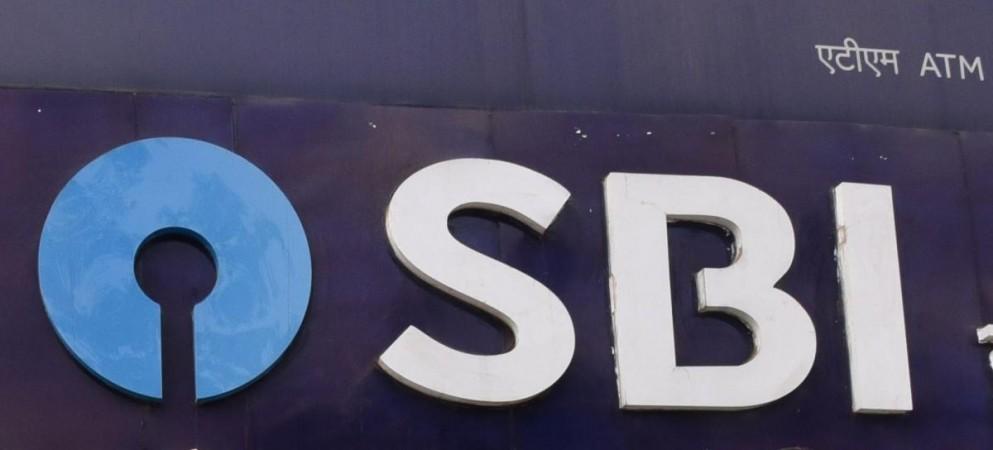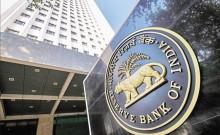
Imposition of 25 per cent penalty on goods trade with India, with a proposition of additional 25 per cent on the world's largest democracy, can be a bad policy decision for the US and its people, an SBI Research report said on Friday.
On the other hand, India — strategically protecting its sovereignty — must continue to protect its farmers from likelihood of predatory practices of select global conglomerates who may vie for a lucrative 'Desi' pie without investing in sustainable market infrastructure creation, anchoring agri value chain financing and being a partner in welfare schemes that upend 'Ease of Living' for our farming community, the report stressed.
Significantly, India has trumped global giants in milk production between 2015-2024.
In the year 2015, India's total milk production stood close to 155.5 million tonnes (EU 154.6 MT and US 94.6 MT). By 2024, India's share had swelled to 211.7 MT (growth of 36 per cent), while EU (including Britain) grew to 165.9 MT and the US 102.5 MT, according to the report.
When it comes to the pharmaceuticals market, India has been a cornerstone of the global supply chain for affordable, high-quality, essential medicines, particularly life saving oncology drugs, antibiotics, and chronic diseases' treatments.

"In the generic drug market, India supplies nearly 35 per cent of the pharmaceutical needs of the US. If the US shifts manufacturing and API production to other countries or domestic facilities, it will take minimum 3-5 years for meaningful capacity," said the report.
In the US, health expenditure per person per annum is around $15,000, and hence with 35 per cent, India's share in generic drugs tariff is going to impact US citizens significantly.
"Putting tariff on India pharma exports hurts the US objective of reducing the size of general government and goes against the objectives of DOGE. The US national health expenditures is 17.6 per cent of the GDP and the government-sponsored Medicare and Medicaid account for 36 per cent of the total expenditure," said the report, adding that higher price of affordable medicines increase both expenditure under Medicare and Medicaid and also the out-of-pocket expenditure of private citizens.
(With inputs from IANS)

















